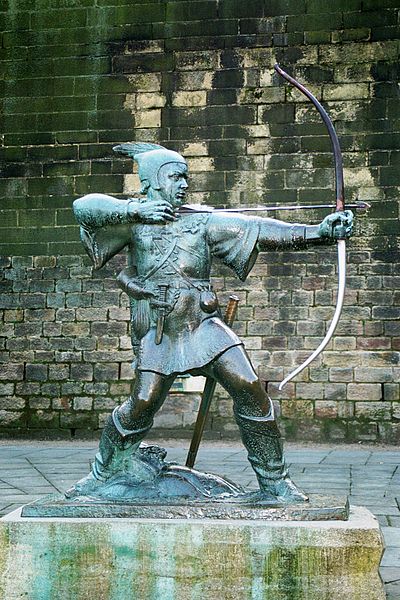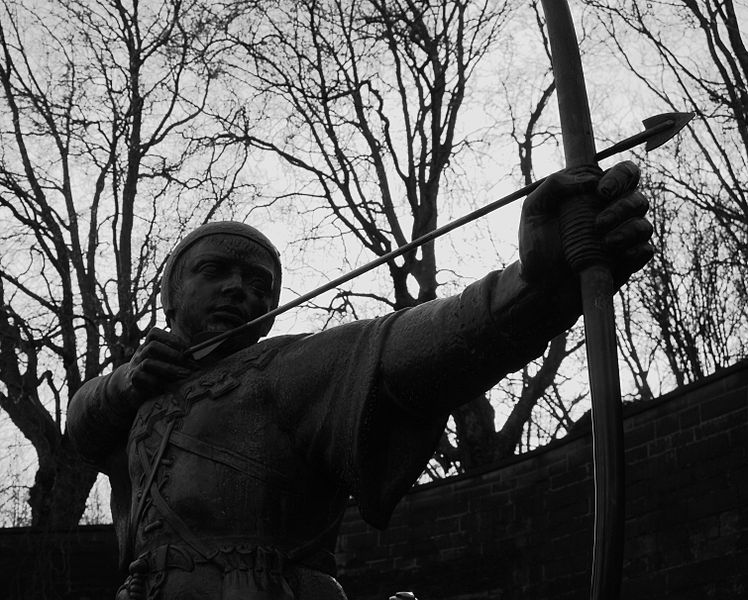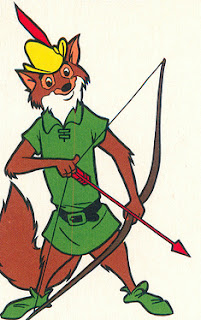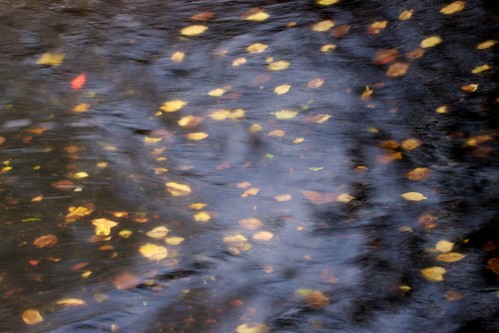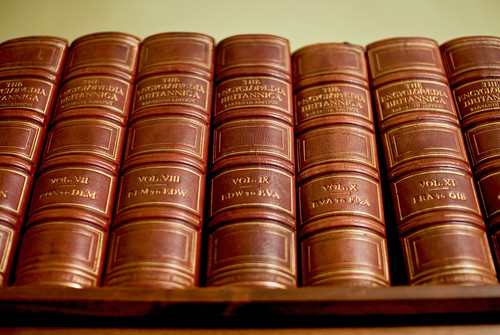You may not even know that you've got bad writing habits. I didn't know that I had one until after I got rejected hundreds of times, and finally took it upon myself to figure out why. You've got to figure out how to spot, and stop, your own bad writing habits. Everybody's got them.
Got a Bad Habit
I've briefly mentioned the rejection letter that marked a severe turning point in my writing life, and my discovery of my own bad writing habit can be traced right back to this source. It wasn't until I had an actual mystery to solve that I managed to find out one of the things I do wrong when I sit down to write. It helps that I actually write mysteries, but any writer can figure out how to spot their own bad habits.
The one criticism the letter had for me was ambiguous at best: too repetitive. The word stuck out to me, and bothered me, and made me fret. So I sat down to re-read the book that got rejected, which is a massive epic of more than 240,000 words (it remains unpublished and I don't want to talk about it). That's nearly a quarter of a million words, and that's a lot. But I wanted to figure out the why of the rejection, so I was fueled by vanity.
It's a strong motivator. I re-read that book and then re-read it again, growing increasingly peeved. I searched for passages that I repeated, descriptions that I was giving over and over, use of too many "said"s at the end of my dialogue (you know, "he said," "she said," "I said," "they said").
I couldn't find anything wrong. My descriptions were well-balanced; I didn't give them too often. I didn't repeat too many of the same words (you know I'm good with a Thesaurus). I didn't know what was wrong.
And I reached a breaking point. Practically howling with frustration, I began to go through the book a third time to find out why I was too repetitive. My brain was screaming all sorts of colorful words about picky agents and their stupid standards, lies in letters and ambiguous hints that mean nothing at all. I started flying through the book, barely pausing as my eyes briefly skimmed each page in search of an error...any error.
That's when I saw it. As I scanned, a single phrase began to stick out to me. I kept seeing it again and again...and again. Only with all those 240,000 words flying past my eyes could I make out the pattern that was cleverly buried inside the prose. And I realized the letter was right after all, because these two words were repeated over and over.
It seems. When I started looking, this phrase was everywhere in my manuscript.
But he had forgotten all about me, it seems.
"It seems the weather turned while we were away."
It seems silly now, but looking back I think I miss the grass the most.
I used the find function to see just how many times this phrase appeared in that single book, to see how bad my habit really was.
More than three hundred times. And the person who rejected me was right: it was too darned repetitive. I fixed the problem and I've never touched the book again, and I broke that bad habit. The moment I became aware of it, I started writing just a little bit better. It seems appears in my book Justice exactly twice, and you'll find it in my book Death just once. I don't make that mistake anymore...so hopefully soon I'll start finding all the other bad writing habits I don't yet know that I've got.
Maybe you'll find yours, too.
Finding the Habit
All authors are supposed to carefully read every letter of their books several times before declaring that it's done. You read it to proof it for grammatical and punctuation errors. You read it to make sure the plot is hanging together and everything makes sense. You read it to make sure it's perfect, and you read it with a critical eye. But once you're done, check for bad habits.
Scan your book instead. Look through each page quickly and see if anything starts to stick out to you, or if you start to see the same things over and over. You can find all sorts of things when you stop being careful and start being quick; things you might never notice otherwise. Once you find a bad habit, you can figure out how to re-word the passages that contain this less-than-perfect writing. And once you know you've got the habit, you'll always be aware of it and you'll end up being a better writer because of it.









